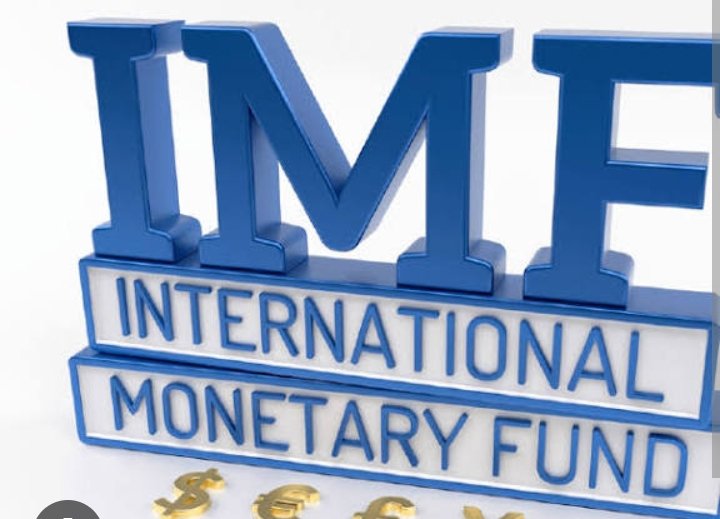The International Monetary Fund (IMF) has raised concerns over the growing scale of illicit financial flows from Nigeria, warning that the illegal outflows are worsening the nation’s already fragile revenue situation.
IMF Managing Director, Kristalina Georgieva, said the institution is renewing its global strategy to trace and curb illicit financial movements, stressing that these efforts are essential to stabilizing Nigeria’s fiscal health and boosting economic growth.
“We believe that for countries like Nigeria, the IMF’s renewed focus on tracing Illicit Financial Flows could provide a solid framework for closing fiscal gaps that have long hindered revenue generation and sustainable development,” Georgieva said during the ongoing 2025 Annual Meetings of the IMF and World Bank in Washington, DC.
She explained that the Fund’s enhanced monitoring mechanism would help countries like Nigeria detect and manage illegal capital flight more effectively. According to her, these illicit transactions, ranging from embezzlement of public funds to proceeds of criminal enterprises, continue to drain public resources, distort economic data, and impede national progress.
Read also:
- Manufacturing sector struggling to survive fiscal, monetary policies
- Expert urges Nigerian Government to re-negotiate monetary policies with World Bank and IMF for economic recovery
- World Bank to improve food production, create jobs via AgriConnect
IMF officials, in a related policy briefing, disclosed that illicit financial flows have evolved beyond traditional corruption and money laundering. They now include complex digital transfers and anonymous cryptocurrency transactions that bypass financial regulations. The rapid expansion of the digital economy, the IMF warned, has made tracking these flows increasingly difficult.
Despite these challenges, the Fund commended Nigeria for making visible progress in boosting revenue collection and strengthening transparency within its foreign exchange and reserve management systems.
The IMF further noted that exchange rate fluctuations should not always be viewed negatively, describing them as an adaptive mechanism that helps economies recover from external shocks. A weaker exchange rate, it said, can sometimes enhance competitiveness and restore balance within the domestic market.
The Fund’s renewed commitment signals a broader international effort to help Nigeria and other developing nations recover billions lost through illicit channels, funds that could have transformed infrastructure, healthcare, and education across the continent.






